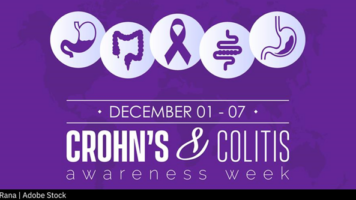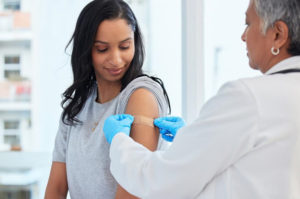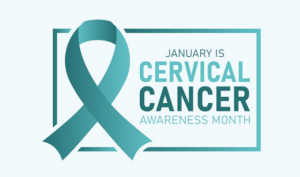Monthly Newsletter
Vaccinations Encouraged as COVID-19, RSV and Flu Cases Spread
January 2024
Vaccinations Encouraged as COVID-19, RSV and Flu Cases Spread
Californians are increasingly getting sick this winter with flu, RSV and COVID in a triple threat that public health officials say isn’t as potent as it was a year ago but is still filling emergency rooms.
The Centers for Disease Control and Prevention (CDC), is reporting a significant rise in emergency room visits, and California is listed in its ‘very high’ category for cases of the flu. According to the latest CDC data, weekly hospitalizations for the flu have increased 35% and 23% for COVID-19.
All three illnesses can cause fever, coughing and shortness of breath. Respiratory syncytial virus, or RSV, is most serious in infants and older adults but is emerging more in other age groups.
People can be diagnosed with more than one of the viruses simultaneously, so testing to determine which illness is at work is important because treatment is different for each virus.
The spike is attributed to holiday gatherings, travel and the nationwide surge of the recently identified highly contagious JN.1 coronavirus variant. They are also stating that fewer people are getting their flu and COVID vaccines which is also causing the increase in hospitalizations and deaths.
Doctors are urging people to get vaccinations for flu and updated shots for COVID-19. RSV vaccinations are recommended for babies and pregnant women. CDC officials said people 60 and older should ask their doctors about RSV shots.
Be sure to watch this interview with Stanford University Infectious Disease expert, Dr. Yvonne Maldonado, about how this year compares to last year, and if things will get worse before they get better.
January is Cervical Cancer Awareness Month
During Cervical Health Awareness Month in January, CBF would like to help educate people about the steps they can take to protect themselves and their loved ones from cervical cancer.
According to the Centers for Disease Control and Prevention, each year in the U.S., about 11,500 new cases of cervical cancer are diagnosed and about 4,000 women die of this cancer.
Although the number of new cases has been declining over the past decades due to Pap screening and HPV vaccinations, cervical cancer is the still the fourth most common type of cancer for women in California.
Women of all ages are at risk of cervical cancer. Most cervical cancers are caused by a high-risk type of human papillomavirus (HPV), a common virus that can be passed from one person to another through sexual activity. Both men and women can be infected with HPV. It can be present for years without causing any symptoms and can be passed to others without knowing.
The good news is that cervical cancer is one of the few cancers that can be prevented using some of the following interventions:
- Vaccinations. More than 90% of all cervical cancers are caused by the Human Papillomavirus (HPV) and there is a life-science-based vaccine to prevent infection. Ensuring that children in your life are vaccinated against HPV and encouraging those with a cervix to get screened regularly can prevent cervical cancer.
- Health Screenings. Cervical Cancer screenings can find pre-cancerous cells (cells that are not yet cancerous) and early treatment can prevent the development of cervical cancer. It’s important for women to schedule regular visits with a health care provider.
Learn about cervical cancer with this resource from the Centers for Disease Control and Prevention. Or check out this fact sheet from the Office on Women’s Health for answers to common questions about pap smears and HPV tests. Share these links for details about HPV vaccination and screening tests.
Stay informed on the latest news and trends on the economic and health benefits of this industry by visiting CABiotech.org
If you have any questions about hosting informational briefings for your colleagues serving in the legislature, contact California Biotechnology Foundation Executive Director Patty Cooper at (916)764-2434 or [email protected].




